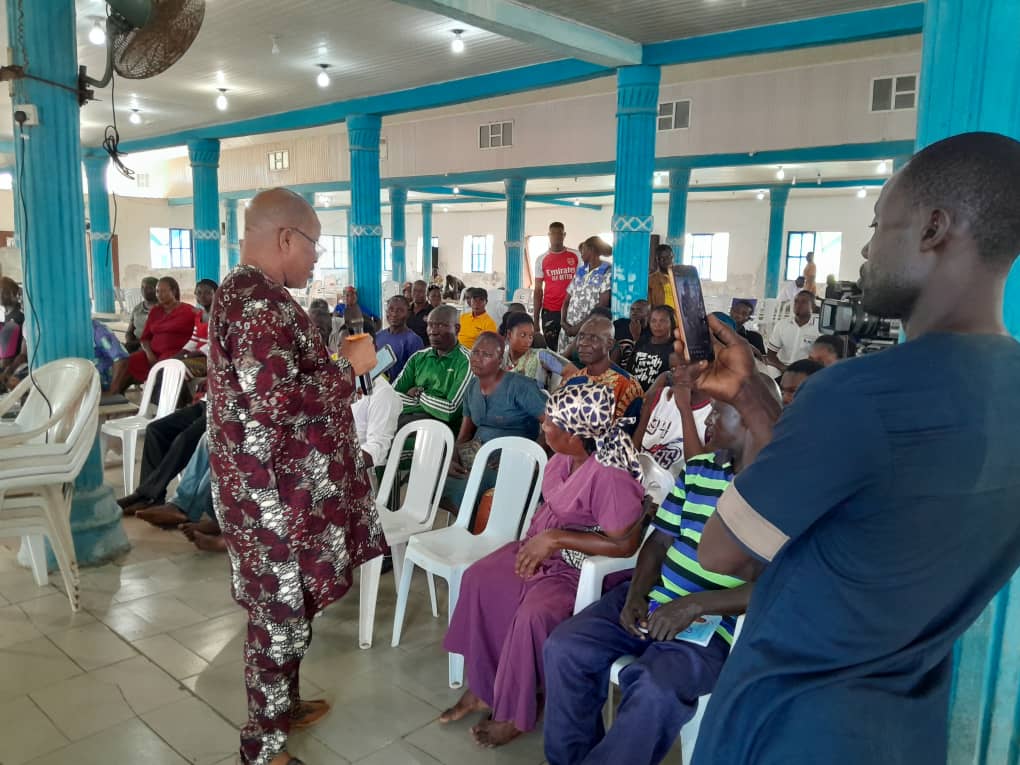
Connected Advocacy, an environmental NGO, has held the ‘The Indigenous Peoples Summit’ to demand urgent action on climate crises and environmental degradation affecting oil exploring communities of the Niger Delta.
The Summit, which is a Peer to Peer Climate Action towards COP30 (The United Nations Conference of the Parties, 30th edition), has three critical focus: Climate Justice, Accountability and Just Transition.
The theme of the Summit is “Addressing Environmental Impact of Oil and Gas Exploration on Local Communities in Nigeria’s Niger Delta Region.”
Speaking at the event, the Executive Director of Connected Advocacy, Israel Orekha, described the summit as a unique opportunity to understand the crisis, harness indigenous knowledge, and develop actionable plans for climate resilience and sustainable development.
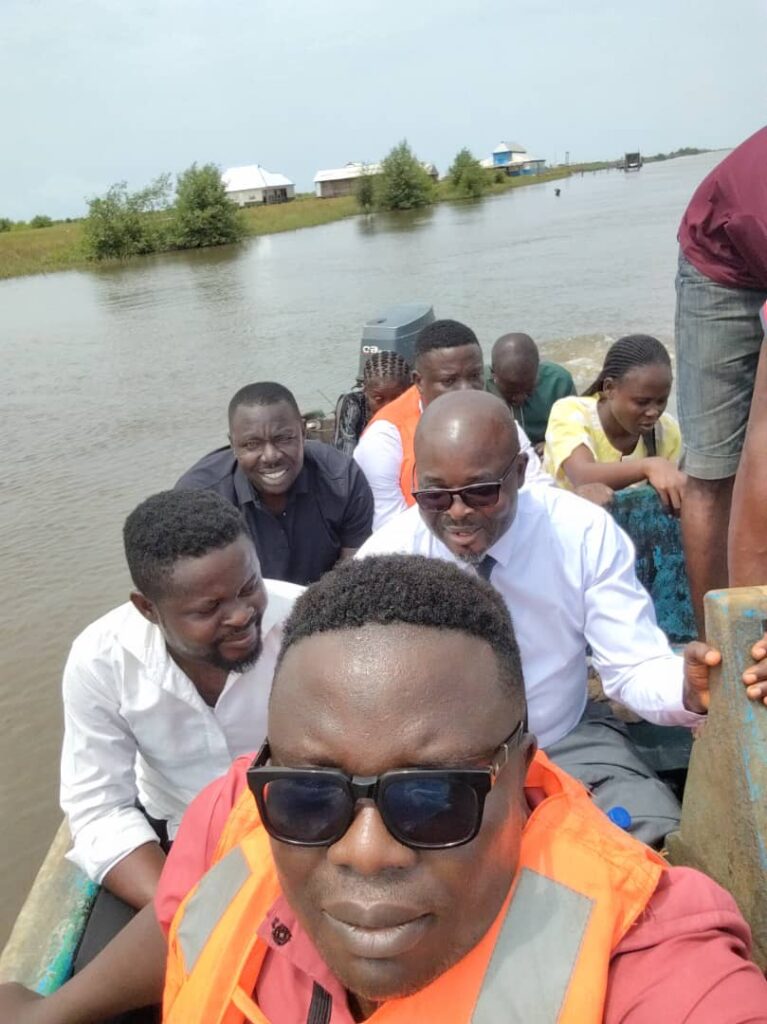
His Royal Highness, Oba Jabez Ikudeibu JP. Oba Alaafia II, the community’s traditional ruler, expressed gratitude to the NGO for its purposeful partnership.
He called for urgent and continued action to save Ori-Oke Iwamimo from worsening environmental degradation.
One of the facilitators, Dr. Felix Ikuesan, a lecturer at OAUSTECH, emphasized the need for the government to prioritize embankment projects in affected communities.
According to him, this would lead to more sustainable development and offer protection against the devastating impact of sea incursion.
Another facilitator, Dr. Olutomisin Orogbemi, who delivered a talk on “Understanding the Crisis: Environmental Impacts of Oil and Gas Extraction in Local Communities,” used Ilaje Local Government Area as a case study.
The senior lecturer urged community members to live more deliberately, noting that human activities also contribute significantly to environmental challenges in the Niger Delta.
The community youth leader, Mr. Ogunyemi Olorunwa Yeto, called for stronger community resistance against sea encroachment.
“The government must act now before our community is completely overtaken by water,” he warned.
He raised concern over the destructive activities of oil and gas companies, saying:
“If urgent steps are not taken to remediate the impacts, by 2060, our community could be completely submerged.”
A women’s leader in the community, Mrs. Isogun Toyin, shared her distress:
“Fishing is our main occupation, but due to pollution, we can no longer fish as before. Harvests are low, and we often find dead fish due to water contamination. Where do we go from here?” she asked.
Stakeholders and participants at the Summit urged the government, corporations, and international bodies to uphold the principles of justice, equity, and sustainability in all climate actions and policies.
“We stand in solidarity with Indigenous peoples and communities whose ancestral lands like ours have been ravaged by the greed of extractive industries, particularly oil and gas.
“Our voices, experiences, and traditional knowledge must be at the heart of any solution to the climate crisis,” Stakeholders at the Summit affirm.
The following resolutions were made at the end of the Summit.
1. Acknowledging Historical Injustice and Environmental Harm
We acknowledge the historical exploitation of Indigenous lands and peoples by the fossil fuel industry, particularly the oil and gas sectors, which have caused irreparable harm to our ecosystems, water sources, and the health of local populations.
We call for an end to the unjust extraction of natural resources that has led to the loss of our biodiversity, destruction of our sacred sites, and widespread displacement of our local communities; if no action is taken, very soon this community might be lost .
2. Holding Corporations and Governments Accountable
We demand that governments and corporations be held accountable for the environmental degradation and social harm caused by their actions.
In particular, we call for the immediate cessation of harmful practices such as gas flaring, oil spills, and deforestation, which disproportionately affect the most vulnerable populations, including women, children, and youth.
Corporations that profit from these exploitative practices must be legally required to compensate affected communities and restore damaged environments.
3. Protecting the Rights of Indigenous Peoples and Local Communities
We call for the full recognition of Indigenous peoples’ rights, including the right to Free, Prior, and Informed Consent (FPIC), in all matters related to land use, natural resource management, and climate action.
Indigenous peoples’ traditional ecological knowledge must be incorporated into climate adaptation and mitigation strategies.
We demand the establishment of legal frameworks that protect Indigenous lands from destructive industries and ensure their participation in all decision-making processes.
4. A Just Energy Transition for All
We demand a just energy transition that places people before profits. This transition must prioritize renewable energy solutions, such as solar, wind, and community-based bioenergy projects, which are sustainable, equitable, and beneficial to local communities.
A just transition must also ensure that fossil fuel workers and affected communities are not left behind but are supported through green skills sustainability training, reskilling traditional knowledge, and economic diversification into green jobs and sustainable investment for local communities.
5. Financing for Climate Action and Reparations
We call for adequate and equitable financing for climate action in vulnerable communities, particularly in our regions that have been severely impacted by climate change and extractive industries.
Developed nations must honor their climate finance commitments, ensuring that financial resources are directed to Indigenous-led and community-based initiatives.
We also call for the establishment of a reparations fund to compensate communities for the harms done by oil and gas extraction and other extractive industries.
6. Strengthening International Climate Agreements
We urge the international community to strengthen and accelerate the implementation of the Paris Agreement and to ensure that climate adaptation and resilience programs are prioritized for the communities most affected by the climate crisis.
We also call for stronger mechanisms for enforcing compliance with international climate commitments, and not run away in the middle of negotiations, this will ensure that the most affected populations are protected and supported.
7. Global Solidarity and Indigenous Leadership
We affirm the role of Indigenous leadership in guiding the world toward a just and sustainable future.
We call for global solidarity in supporting Indigenous movements and environmental defenders, recognizing the importance of cultural preservation, land sovereignty, and the protection of sacred ecosystems.
Newsmen reports that the Summit was held on April 10 at Ori Oke Iwamimo, Ilaje LGA, Ondo State.



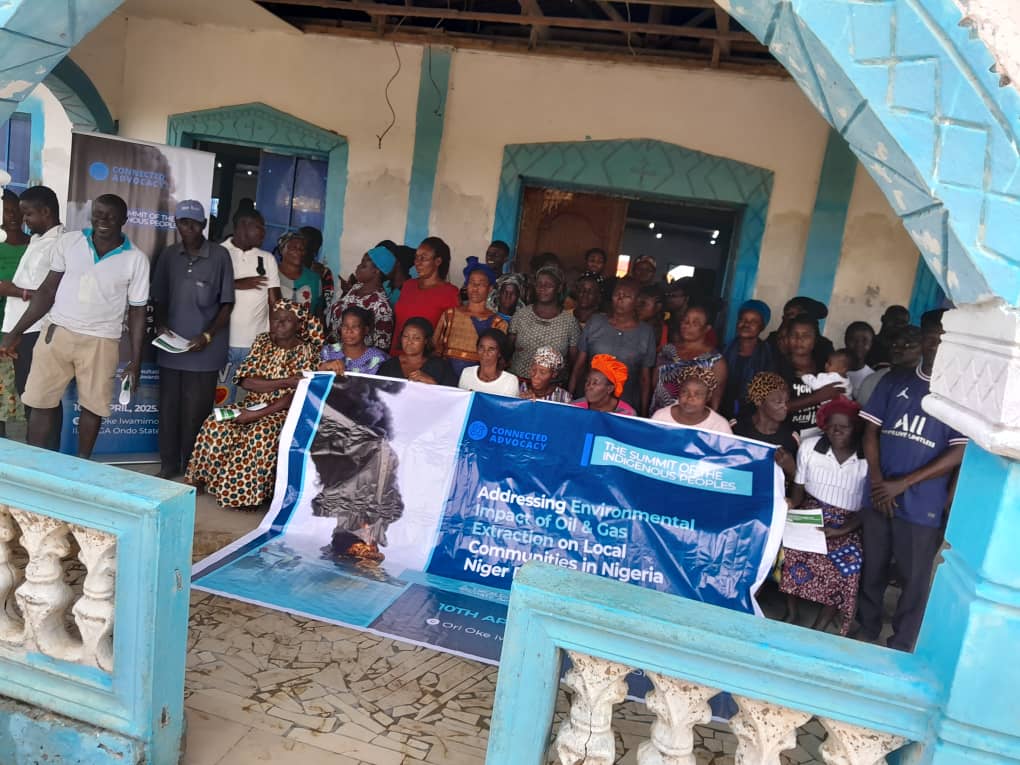

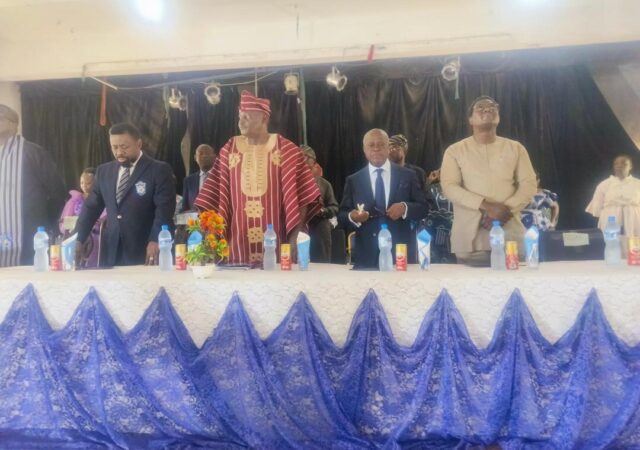
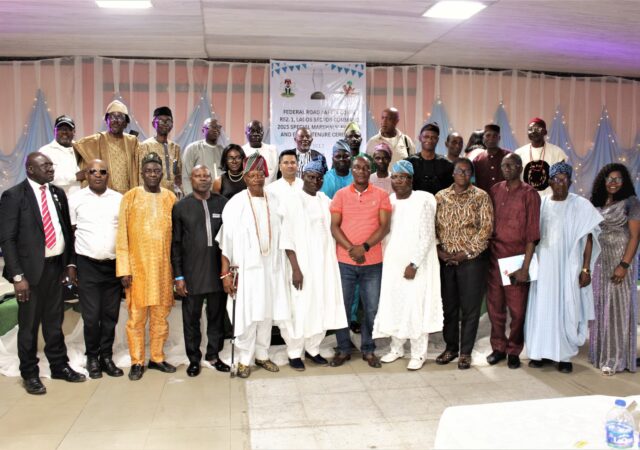

I like what you guys are up also. Such smart work and reporting! Carry on the excellent works guys I?¦ve incorporated you guys to my blogroll. I think it will improve the value of my site 🙂
Thanks for the valuable insights. Looking forward to your next post!
Loved your perspective on this topic. Keep it up!
This was a great read! I learned something new today.
Really helpful content – thanks for putting this together!
Great post! I really enjoyed reading this. Your insights were clear and helpful — thanks for sharing!
Really helpful content — I learned a lot from this!
Thanks for the great read! Very informative and well-written.
Always a pleasure reading your blog. Keep the great content coming!
Clear, concise, and super helpful. Great job!”
This gave me a lot to think about—thank you for sharing your thoughts!
Really enjoyed this! Your writing style is so engaging.
Impressive work! You’ve made an interesting topic even more engaging.
This post really resonated with me. Can’t wait to read more from you!